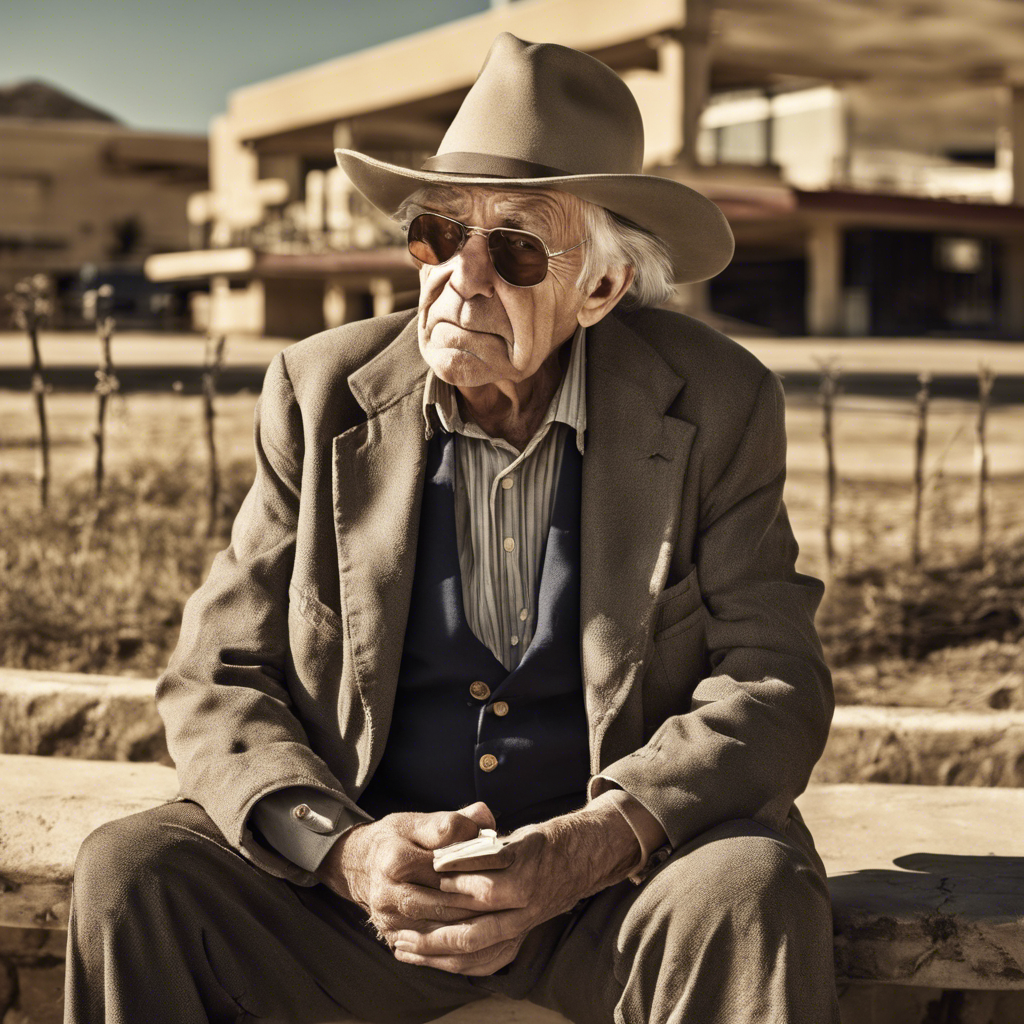No Country for Old Men: The Struggles of Elderly Americans in a Profit-Driven Society

Elderly Americans face numerous challenges in a country that prioritizes profit over their wellbeing.
In the final months of his life, the author’s father, like the protagonist in William Butler Yeats’ poem “Sailing to Byzantium,” found himself reciting lines from his youth, highlighting the harsh reality that the United States is “no country for old men.” This sentiment resonates with the experiences of many elderly Americans who struggle to survive in a society that seeks to extract profit from them until the very end. From exorbitant healthcare costs to neglect in assisted-living facilities, the treatment of the elderly in America is a stark reflection of a profit-driven system that values exploitation over compassion.
The Exploitation of Healthcare Costs
Counterproductive chemotherapy treatments and exorbitant prescription drug prices are just some of the ways elderly Americans are being financially drained in their final years. The author shares the shocking example of his father being charged over $14,000 for a one-month prescription of a prostate cancer drug. This exploitation of healthcare costs leaves many elderly individuals sacrificing basic needs, such as food, to afford necessary medical treatments. The burden falls disproportionately on older women and Black Americans, exacerbating existing medical issues and perpetuating inequality.
The Morbid Reality of Assisted Living
The assisted-living industry, charging an average of $6,000 a month per resident, is plagued by neglect and disregard for the well-being of its elderly residents. A Washington Post investigation reveals that over 2,000 residents have wandered off unnoticed from these facilities since 2018, with nearly 100 deaths resulting from such incidents. The promise of “assisted living” is shattered by the reality of neglect, further isolating and endangering the lives of elderly Americans.
Loneliness and Ageism in American Society
Loneliness and isolation are prevalent issues faced by elderly Americans, worsened by a society that stigmatizes aging. The American Psychological Association highlights the negative effects of institutionalized ageism on physical and mental well-being. The individualistic nature of American culture, prioritizing success over communal and family bonds, further contributes to the mental health challenges faced by the elderly. The unique stigma attached to aging in the United States perpetuates a cycle of loneliness and isolation, ultimately impacting life expectancy.
Elderly Bodies for Corporate Profits
The cutthroat nature of existence in the United States culminates in the exploitation of elderly bodies by pharmaceutical companies, nursing homes, and the profit-driven healthcare system. The author highlights the irony of former diplomat Henry Kissinger, responsible for countless deaths, living a long life while many struggle to afford basic healthcare. The profit-driven nature of the US healthcare system prioritizes corporate interests over the well-being of its citizens, leaving elderly Americans vulnerable and at the mercy of a system that values profit over compassion.
Conclusion:
The struggles faced by elderly Americans in a profit-driven society are a damning indictment of a country that fails to prioritize the well-being of its citizens. From exorbitant healthcare costs to neglect in assisted-living facilities, the elderly are left to navigate a system that values profit over compassion. The loneliness and isolation that accompany old age in the United States further compound the challenges faced by this vulnerable population. It is clear that a shift in societal values and a reevaluation of the profit-driven healthcare system are necessary to ensure a dignified and compassionate existence for elderly Americans.

